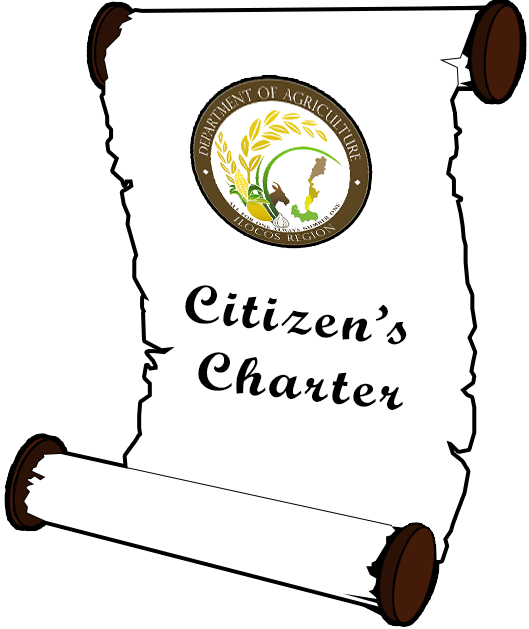Agriculture Secretary William D. Dar has directed three fishery agencies of the department—the Bureau of Fisheries and Aquatic Resources (BFAR), National Fisheries Research and Development Institute (NFRDI), and the Philippine Fisheries Development Authority (PFDA)—to unify and synergize their efforts, plans and programs to attain a sustainable and inclusive “blue economy.”
In particular, Secretary Dar ordered the crafting and implementation of a national fisheries development program that harmonizes the strengths of the PFDA in fisheries infrastructure, NFRDI in research for development on sustainable fisheries, and BFAR in implementing innovative and programs that will particularly benefit small aquaculture and coastal fishers through increased productivity and fish catch, while protecting the country’s aquaculture and marine resources.
The agriculture chief cited the importance of the “blue economy,” considering that the Philippines is four-fifths water and one-fifth land.
“The blue economy is a source of economic growth – not just a way to protect nature, but as a major source of food, jobs, and incomes. Healthy seas are key not only for the health of our environment, but also to accelerate economic growth, create jobs, and fight poverty,” Dar said.
“Our initiatives and efforts should benefit not only the industry as a whole, but also those who have less in life, particularly the small marginal municipal fisherfolk, and they should have more in services,” the DA chief said.
He issued the directives during the February 1, 2020, DA-BFAR management committee meeting, on board M/V BFAR, attended by undersecretary for fisheries and BFAR national director Eduardo Gongona, PFDA general manager Atty. Glen Pangapalan, NFRDI director Lilian Garcia, BFAR national officials, regional directors, center chiefs, division and section chiefs, and members of the National Fisheries and Aquatic Resources Management Council (NFARMC).
The agriculture chief also emphasized the urgent need for the “Big Brother, Small Brother” partnership in the fishery sector.
Under said strategy, he said a project will be pilot-tested by the NFRDI that aims to foster linkage between municipal and commercial fishers to improve shared and sustainable resource utilization.
A comprehensive capability building initiative will also be conducted for fisherfolk cooperatives and associations all over the country.
Secretary Dar also asked BFAR to revisit and refine the guidelines of the Fishpond Lease Agreements (FLAs) based on past performance of its holders.
He instructed the BFAR regional offices to conduct a thorough evaluation and document best practices that will be used in refining the guidelines before issuing new FLAs.
Another part of this effort is the consolidation of fish farms to further boost productivity in the aquaculture sector.
He thus urged for the creation of a BFAR advisory board, looking at the possibility of tapping the NFARMC, which is in the process of electing new council members.
Secretary Dar also called for improving the present BFAR organizational structure and directed its management to consider the creation of new assistant director posts tasked to focus on operations, research and regulations, and administration and finance to include planning and monitoring.
Also, he urged BFAR regional directors to formulate action plans to adapt to the different needs of the aquaculture and fisheries sector in their respective regions.
Aligned with the DA’s ‘New Thinking for Agriculture’ and twin goals of attaining ‘Masaganang Ani at Mataas na Kita,’ he urged the officials and staff of the BFAR, PFDA and NFRDI to strongly pursue the various directives to sustain the performance of the country’s fisheries sector, which grew by 1.04% in 2018 and by 1.48% in 2019, as reported by the Philippine Statistics Authority. ###
—
Reference:
Noel Ocampo Reyes
DA Spokesperson & Ass’t. Sec. for Communications
& Media Affairs
09204889686 • 09566694611 •
89298183
